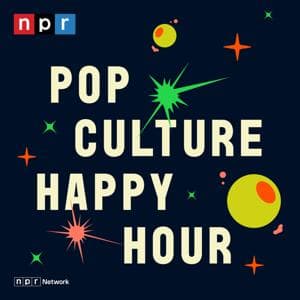Season 5 opens with a return to the land.
In this debut episode of our Guided by Plants series, early childhood educators Nick (he/him) and Mike (he/him) center alder and big leaf maple as living teachers of nourishment, protection, and interdependence in early childhood spaces.
Through shared reflection and conversation, we explore how these plants sustain the ecosystems around them and what that can teach us about nourishing children in our programs. We riff on alder’s role in restoring and supporting others, big leaf maple’s capacity to offer shelter and space, and how these lessons can guide our interactions with children, families, and colleagues.
This hour-long episode is rooted in observation, story, and practice. Listeners will walk away with ideas for how to thoughtfully introduce alder and big leaf maple into classroom experiences, leadership and management approaches, and relationship-building with families—grounded in care, curiosity, and connection rather than compliance.
Join us as we slow down, notice, and invite the plant world to help shape how we show up for children and for one another.
Interested in bringing Nick and Mike to your community? Got an idea for a future episode or something you want to reflect on with us? Email us at [email protected] and let’s talk.
Follow along on Instagram @napcast206 for more reflections and behind-the-scenes moments.

























